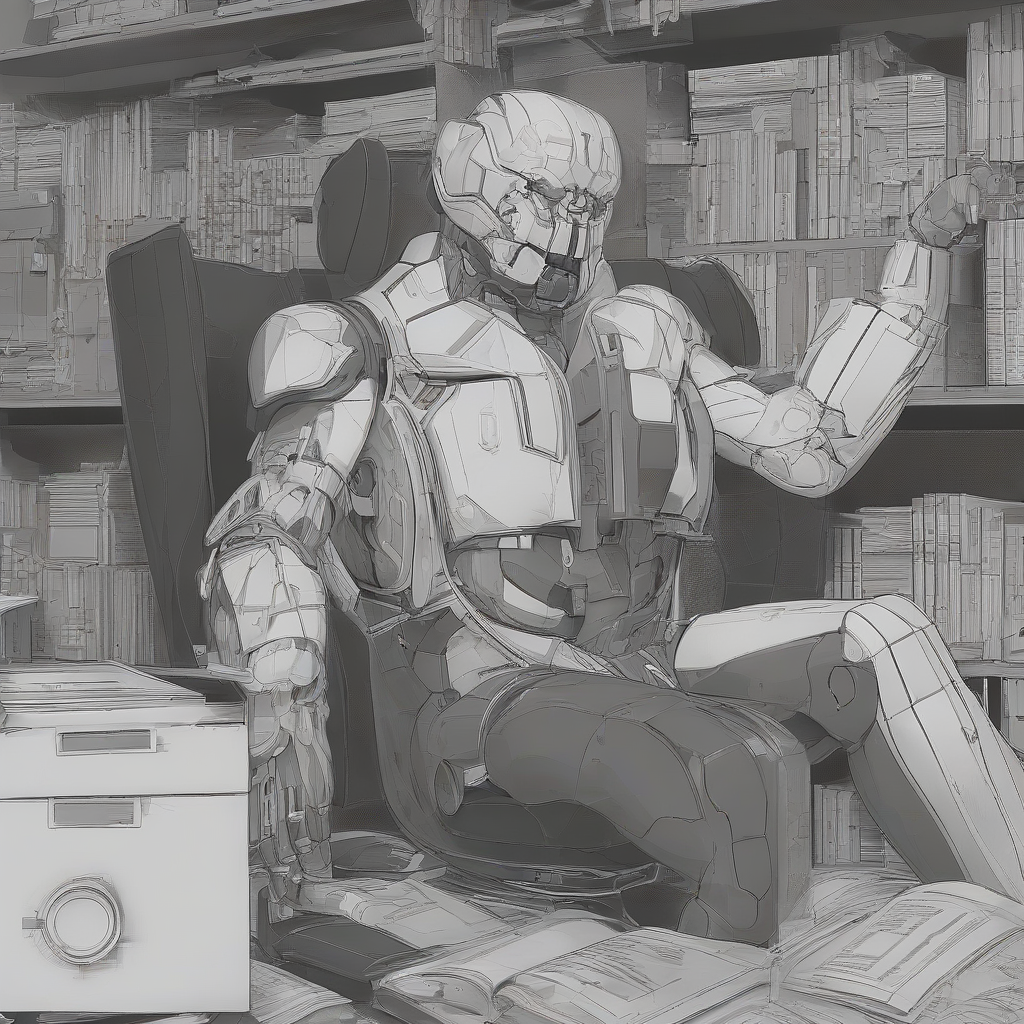Car Pest Control: A Comprehensive Guide to Keeping Your Vehicle Bug-Free
Owning a car is a significant investment, and like any other asset, it requires proper maintenance to preserve its value and ensure a smooth driving experience. While regular oil changes, tire rotations, and inspections are essential, you might not realize that keeping your car pest-free is equally crucial.
Pests can wreak havoc on your vehicle, from damaging upholstery and wiring to creating unpleasant odors and health risks. This comprehensive guide will equip you with the knowledge and strategies to effectively manage car pests and protect your investment.
Common Car Pests and Their Impacts
Several pesky creatures are drawn to the confines of your car, seeking shelter, food, or a warm place to nest. Here are some of the most prevalent car pests and the problems they cause:
-
Rodents
- Types: Mice, rats, squirrels
- Impact: Rodents can chew through wiring, insulation, hoses, and even the car’s interior, causing significant damage and electrical problems. They can also contaminate food and leave droppings that pose health risks.
-
Insects
- Types: Cockroaches, ants, spiders, beetles
- Impact: Insects can infest car interiors, leaving behind droppings, molts, and unpleasant odors. They can also bite, sting, or trigger allergies. Some insects, like termites, can damage wooden parts of the car.
-
Birds
- Types: Sparrows, pigeons, starlings
- Impact: Birds can build nests in car engines or under the hood, leading to blockages and engine damage. They can also leave droppings that stain and damage paintwork.
Identifying the Signs of Car Pests
Early detection is key to preventing a pest infestation from escalating. Keep an eye out for these telltale signs:
- Droppings: Look for small, dark pellets (rodents), tiny black specks (cockroaches), or small, irregular piles (ants).
- Nests: Check for nests made of shredded material, paper, or fabric in various parts of the car.
- Scratching or Chewing Sounds: Listen for sounds of movement or chewing coming from your car, particularly at night.
- Unpleasant Odors: A musty, stale smell can indicate the presence of rodents or insects.
- Damaged Wiring or Insulation: Check for gnawed wires, damaged insulation, or holes in car parts.
- Dead Insects: Find dead insects, their bodies, or exoskeletons inside your car.
Preventing Car Pests
Prevention is the best defense against car pests. Here’s how to create an inhospitable environment for them:
-
Regular Cleaning
- Vacuum your car regularly, especially the floor mats and under the seats, to remove crumbs, debris, and potential food sources.
- Clean spills immediately to prevent attracting pests.
- Wipe down surfaces with a disinfectant to kill any lingering germs or insects.
-
Food Storage
- Never leave food or drinks in your car, especially overnight. This includes empty food wrappers and spills.
- If you must carry food, store it in airtight containers.
-
Garage Storage
- Park your car in a garage whenever possible to minimize exposure to pests.
- Keep your garage clean and clutter-free, as clutter can provide hiding places for pests.
- Seal any gaps or cracks in your garage walls and doors to prevent pests from entering.
-
Regular Inspections
- Inspect your car regularly for signs of pests, especially the engine compartment, trunk, and under the seats.
- Pay attention to any unusual noises or smells that might indicate a pest infestation.
-
Natural Repellents
- Place mothballs or cedar chips in your car to deter pests with their strong scent.
- Use essential oils like peppermint, eucalyptus, or lavender to create a pleasant aroma that repels insects.
- Consider using dryer sheets, as their scent can deter rodents.
Effective Car Pest Control Methods
If you’ve detected a car pest infestation, it’s time to take action. Here are some effective pest control methods:
-
Trapping
- Rodents: Use snap traps, glue traps, or live traps to catch and remove rodents. Bait traps with peanut butter or cheese.
- Insects: Use sticky traps or insect traps specifically designed for the type of insect infesting your car.
-
Pesticides
- Caution: Use pesticides with caution, following label instructions and safety precautions.
- Rodents: Rodent baits can be effective but require careful placement and monitoring.
- Insects: Insecticidal sprays or foggers can be used in the car interior but should be done with the windows open and proper ventilation.
-
Professional Pest Control
- For severe infestations or recurring pest problems, consider contacting a professional pest control company.
- Professionals have the expertise, tools, and safe pesticides to effectively eliminate car pests.
Maintaining a Pest-Free Car
After removing pests, it’s crucial to maintain a pest-free environment in your car to prevent reinfestation:
- Continue regular cleaning and vacuuming.
- Store food properly and promptly remove any spills.
- Inspect your car regularly for any new signs of pests.
- Consider using natural repellents to deter future infestations.
Conclusion
Maintaining a pest-free car is essential for preserving its value, ensuring your safety, and preventing unpleasant odours and potential health risks. By following the preventative measures and pest control methods outlined in this guide, you can keep your vehicle free from unwanted creatures and enjoy a clean and comfortable driving experience.
